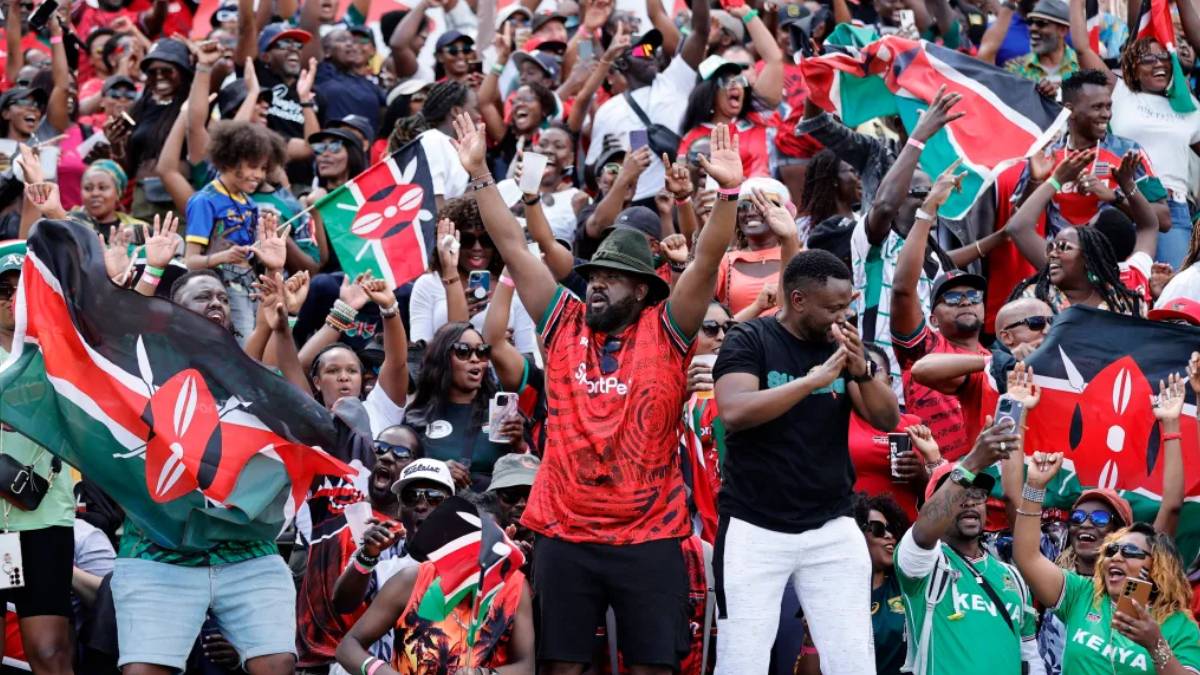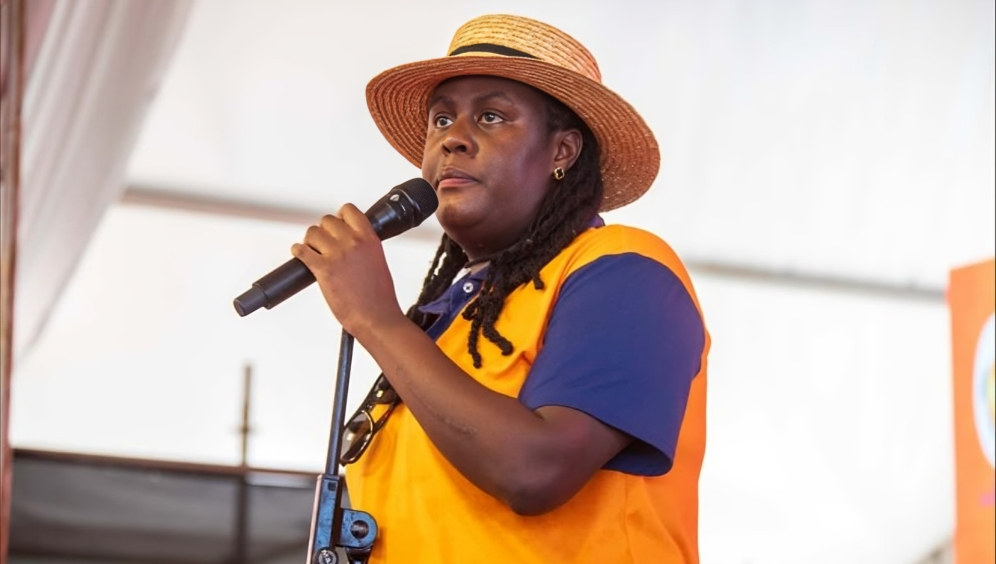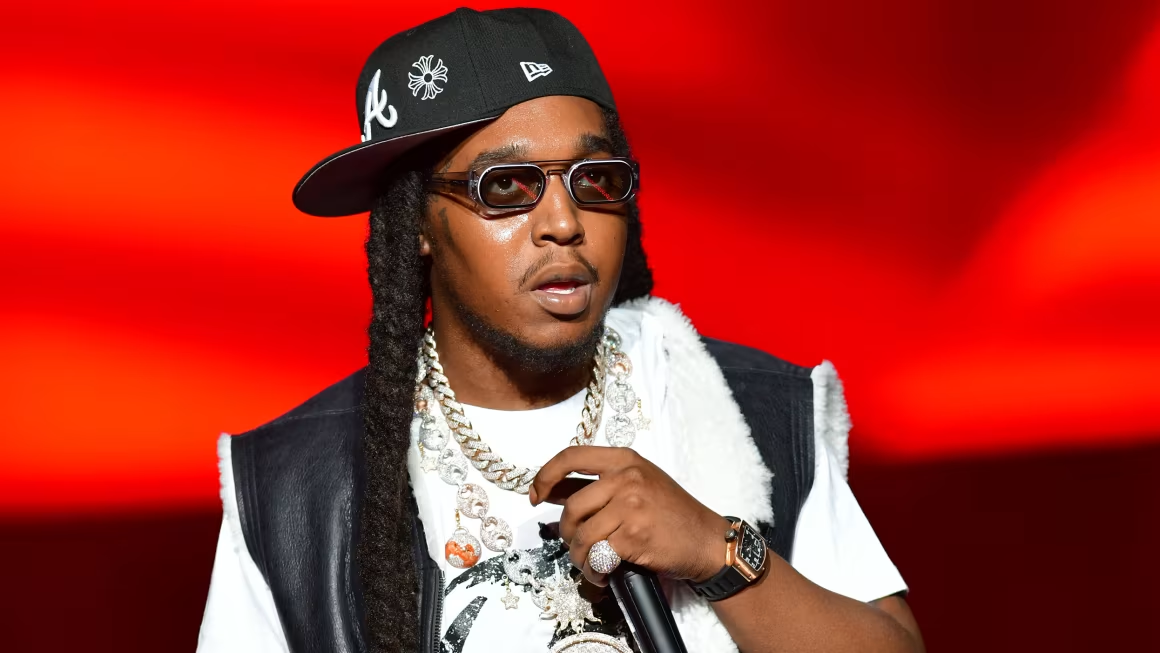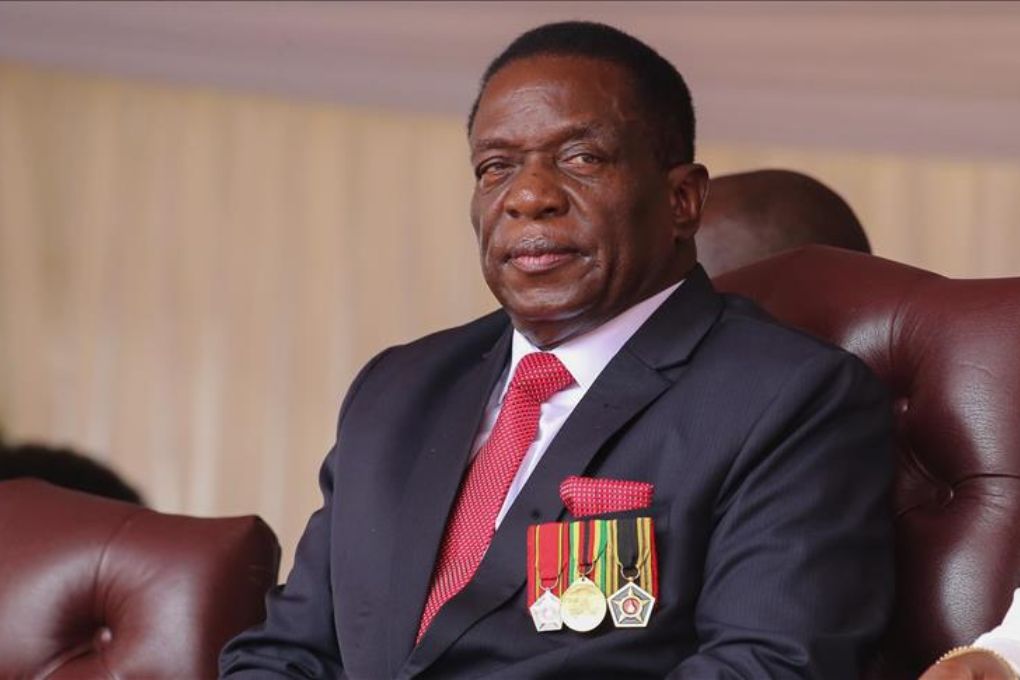“Boys are very easy to raise by the way.” No, they are not.
What people often mean by this statement is: boys are very easy to neglect or we don’t pay as much attention to boys. They’re called “easy” because no one is asking them how they feel, what they need, or who they’re becoming. You just throw food at them, tell them to stop crying, and keep it moving. That’s not ease, that’s emotional neglect.

In recent years, the global gender equality movement has made significant progress in uplifting the girl child , breaking ceilings, increasing access to education, and challenging harmful stereotypes. These achievements are incredibly important and they have reshaped our world for the better.
However, In our quest for equality, have we accidentally forgotten the boy child? Isn’t true gender equality one that leaves no one behind?
A Boxer for Every Boy’s Problem!
In Kenya and across Sub-Saharan Africa, many observers and researchers now recognize that the boy child has become an afterthought. When it comes to empowerment campaigns, support groups, and structured mentorship programs, boys are largely left to figure things out on their own, and the results are showing.
“We shall be having a boys outreach program, please donate a hundred shilling to support us in getting boxers (Yes, boxers) for the boys in Mukuru Slums.” Typical boy child empowerment strategy especially in Kenya.
Are we just throwing things at boys hoping something sticks, without trying to understand their actual needs?
The New Fathers
A growing number of boys have no male role models. Very few seem to have someone showing them how to become emotionally intelligent and socially responsible men. In the vacuum, they turn to internet influencers who peddle toxic versions of masculinity disguised as strength. These influencers don’t just go viral, they fill a void and resonate. For many boys, it’s the first time they feel seen, even if it’s by someone with harmful ideologies. And what does that say about society?
Alarming Data & the Cost of Neglect
Governor Irungu Kang’ata of Muranga County recently proposed a monetary incentive for newlyweds, and first-time parents in response to the “male crisis” where men are increasingly disappearing into alcohol and substance abuse. They are unable to fulfill even the traditional expectations society has of them and their manly duties.
The National Gender and Equality Commission (NGEC) paints a worrying picture that 92% of respondents agreed that the boy child is lagging in the gender equality agenda.
“Societal expectations have become exhausting and suffocating, especially when boys receive the bare minimum support.” says Rosemary Kinuthia of the African Boychild Network.
The PR Problem: Why No One Funds Boy Child Empowerment
Initiatives focused on empowering boys struggle to get funding, this is because some organizations feel that advocating for boys won’t get them good PR. Even worse, some say supporting the course will make them look misogynistic.
I could be wrong, but supporting the boy child should not necessarily mean taking anything away from the girl child or opposing the movement. It could mean walking towards a balanced society where both genders thrive, not one at the cost of the other.
Mental Health
In 2016, WHO recorded 793,000 global suicides. Most of them were men. In 2022, suicide rates among men were 4 times higher. According to the Centre for Disease Control and Prevention (CDC) in 2023, males made up 50% of the population, but accounted for nearly 80% of suicides.
The boy child is not a threat. Gender equality can only be meaningful when it is inclusive.
True empowerment is a collective journey. If we want strong, kind, emotionally intelligent men tomorrow, we must start nurturing boys today.











